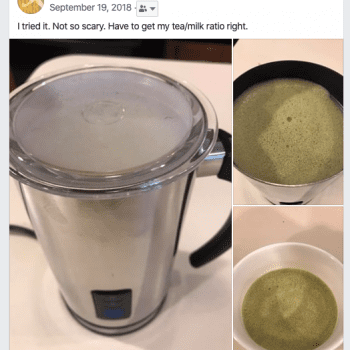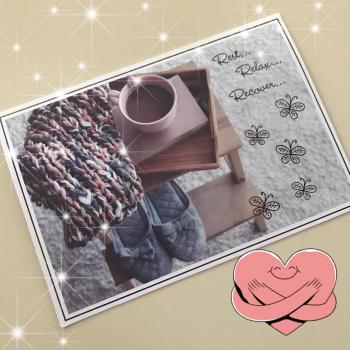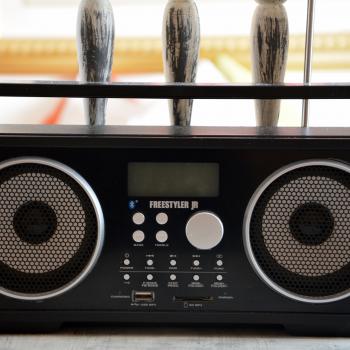In light of the recent events in Africa and the Middle East, I hope that each and every one of your families, friends and neighbors are unharmed and safe.
Over the last couple of days, I read two items of interest. One that I wanted to share, and one that I wanted to discuss.
The first, being a post from Islam.Org that I was led to in a round-about way. I will repost here to save you the trip over, but please go and visit! They have a lot of good info on that site. My commentary is not to be attributed to Islam.org, it is my own, and mostly off the top of my head.
In a truly Islamic society women have the following rights in Islam:
1. The right and duty to obtain education.
2. The right to have their own independent property.
3. The right to work to earn money if they need it or want it.
4. Equality of reward for equal deeds.
5. The right to express their opinion and be heard.
6. The right to provisions from the husband for all her needs and more.
7. The right to negotiate marriage terms of her choice.
8. The right to obtain divorce from her husband, even on the grounds that she simply can’t stand him. (pls note that God deeply frowns upon divorce as a solution unless there is hardly any other alternative but it does not mean that men have more right to divorce their wives than women do.)
9. The right to keep all her own money (she is not responsible to maintain any relations).
10. The right to get sexual satisfaction from her husband.
11. custody of their children after divorce.
12. to refuse any marriage that does not please them
and more…
Here is an article taken from a speech which details some of these rights: Ideals and Roles for Women in Islam
Why am I posting this? Because, I want to make sure that I’m not the only one who knows that being married to a Muslim man is not limiting. True Islam isn’t designed to suppress or limit the lives of women, but to uphold, uplift and promote the rights of women to have good, fulfilling lives.
I know that there are situations in which these rights are not accepted as the norm. I also know that in homes all across the world, there are situations where abuse of all sorts is accepted as the norm. The problem lies when those limitations, and that abuse is blamed on a religion. When you blame abuse on a religion, it is out of laziness and unwillingness to be accountable for your own actions.
I suppose we could go on discussing this part, but that was the sharing. Now to the questions.
What do you say, when you come across someone who does not understand why women choose to wear hijab? How do you defend the right to choose whether you cover your hair, face, arms, legs, derriere?
When I was asked by my ladies why some of the Muslim women wear hijab all the time, and why some only wear when they are praying, I answered them by explaining that some people feel that their hair is a private area, equivalent to an area that is usually covered by a bathing suit. Some women, when they have their hair uncovered, feel like they are showing part of their most private areas. Some women do not. The women who do not feel that their hair is part of their most private areas and must be covered, only cover when they are praying might do so out of respect.
Personally, my sense of acceptable, appropriate dress has changed as I have aged, and it changes for the situations I am in. I no longer feel comfortable wearing short pants that reach above my knees. Capri lengths are now acceptable. I have never felt comfortable wearing skirts or dresses that do not cover my knees, but have always chosen ankle length when available. I wear sleeveless shirts and short sleeve when I am out in the summer, or at an exercise class, but I would never think of wearing something like that to a Muslim hosted gathering or the Masjid. Lately, if I am at the Islamic School, I feel uncomfortable if I do not have a cardigan, jacket, dress or skirt that covers my rear end.
How do you explain this to someone from a culture that accepts T&A flashing as a part of life?
I guess, my point is that I have come to see the hijab as a choice that a women makes out of a personal decision. If it is part of her upbringing and she chooses because it is what is done in her family, then that is still her choice. If it is not part of her upbringing and she chooses because she feels deep in her heart that this is truly what is right for her, then it is also her choice. If a women wears western style clothing, close to her body, and showing all her curves, but still covers her hair, it is her choice. If a woman wears Jilbab, and a full face of makeup, it is still her choice. Having the right to choose is sometimes more challenging than not having the choice. If there was no choice, we wouldn’t have to explain so much.











